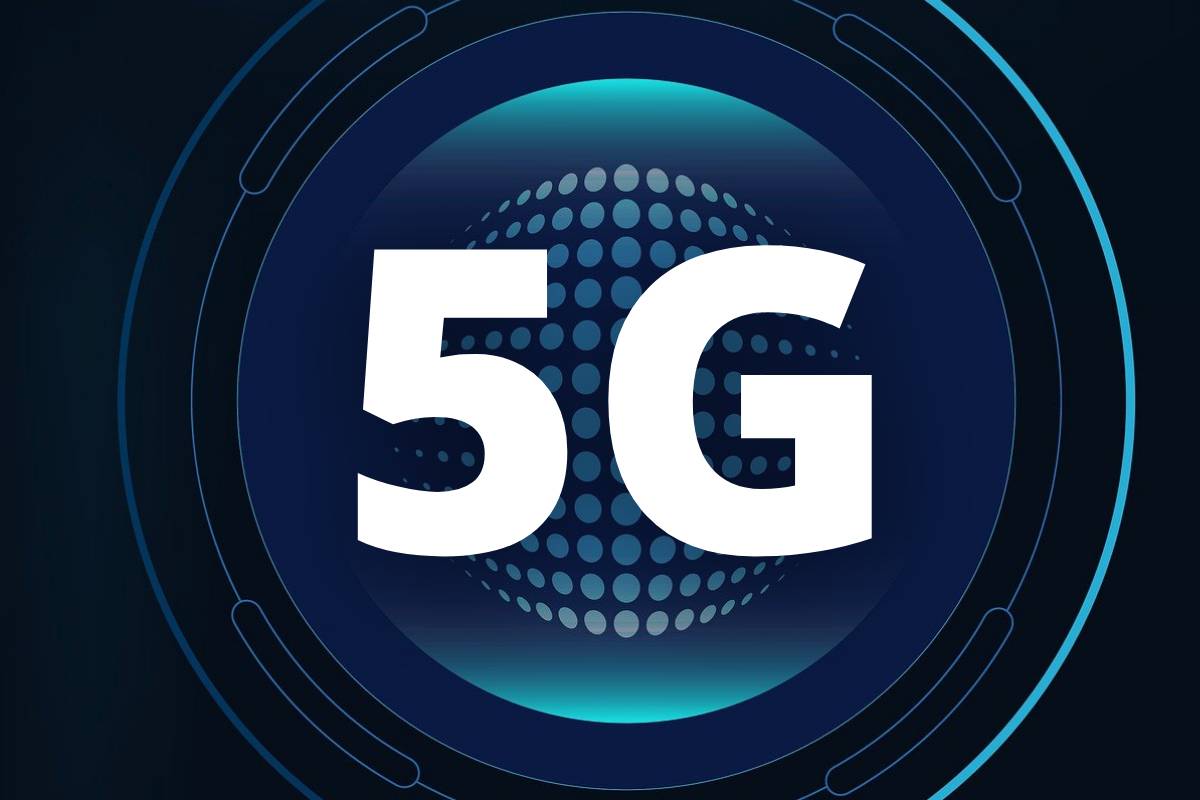Malaysian carriers Celcom Axiata, DiGi Telecommunications, Telekom Malaysia, and U Mobile have now agreed to join the much-delayed commercial 5G network built and managed by government organisation Digital Nasional Berhad for a period of 10 years (DNB). It appears that the state’s reference access offer (RAO), which specifies pricing, service obligations, and other aspects of DNB’s wholesale 5G plan, has been modified to account for operator reservations about its commercial feasibility. Since the RAO has received the go-ahead from Malaysia’s communications regulator, the specifics of these adjustments won’t be made public.
Additional Information About 5G Services
Celcom, DiGi, Telekom, and YTL Communications had already agreed to purchase a combined 65% of DNB prior to the agreement. U Mobile had declined, but it seems like they are now on board. Six MNOs, including Celcom, Digi, Maxis, U Mobile, YTL, and Telekom Malaysia, now have access agreements with DNB, according to TeleGeography’s CommsUpdate. It was confirmed by Digi, which stated on its website: Digi continues its continuing 5G network testing with its technology partners and DNB in order to provide its consumers with 5G services in the near future. In due course, more information about Digi’s 5G offerings will be disclosed. U Mobile, on the other hand, claims that it will start offering 5G connectivity commercially to its consumers on November 3. Celcom is also launching even earlier. Customers of certain Celcom postpaid and prepaid plans, including those who are Celcom Business customers, will instantly be able to use 5G network infrastructure starting on 1 November 2022 if their devices are 5G-enabled and they are located in a 5G coverage region. Celcom is waiving the 5G access cost for users to use 5G offerings during this trial period until December 31, 2022. After a number of setbacks amid what Reuters describes as a standoff between the government and major carriers over pricing and transparency, including worries that a single state-run network would lead to a nationalised monopoly, it appears that this strongly distinctive approach to 5G is now operational.
